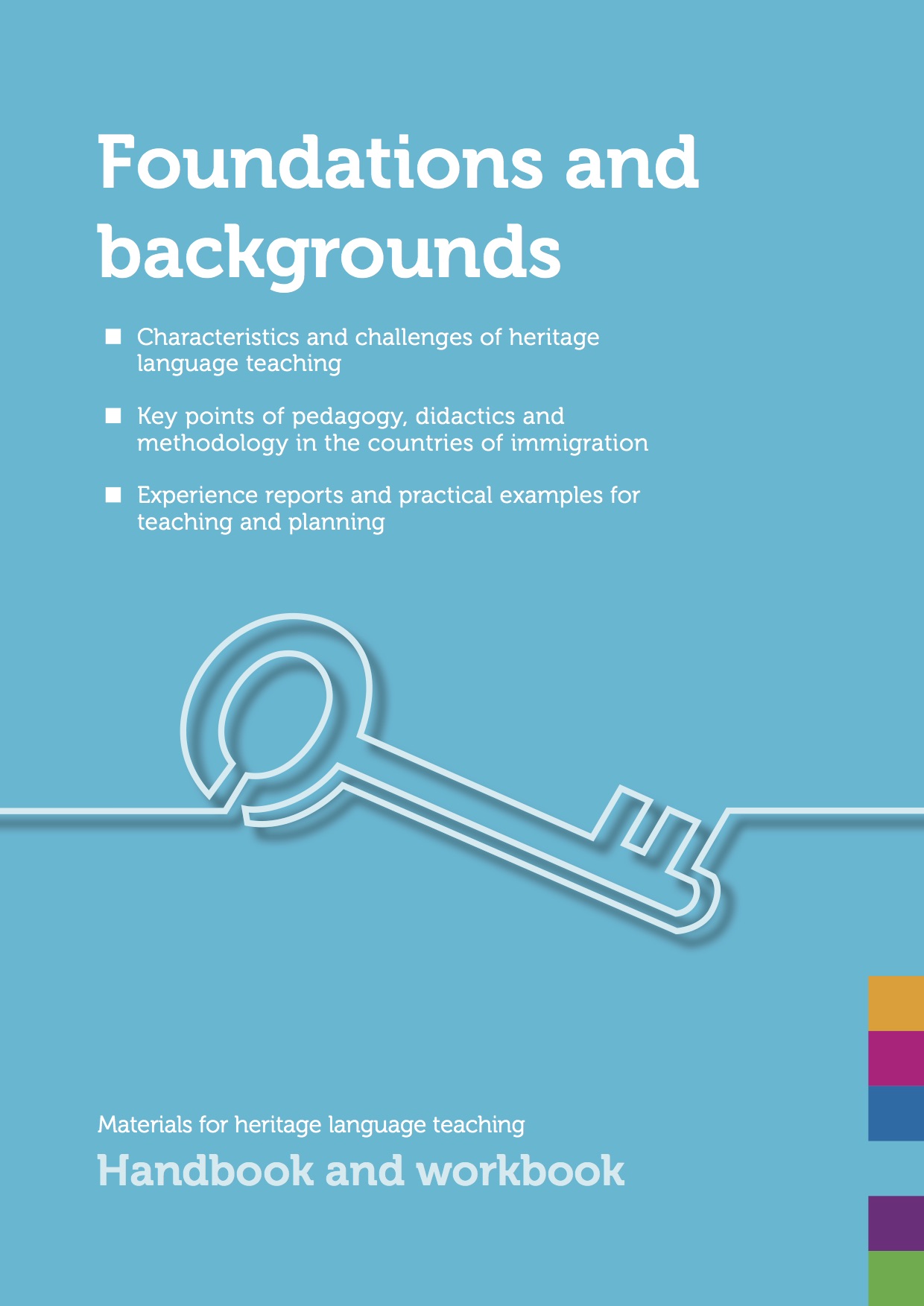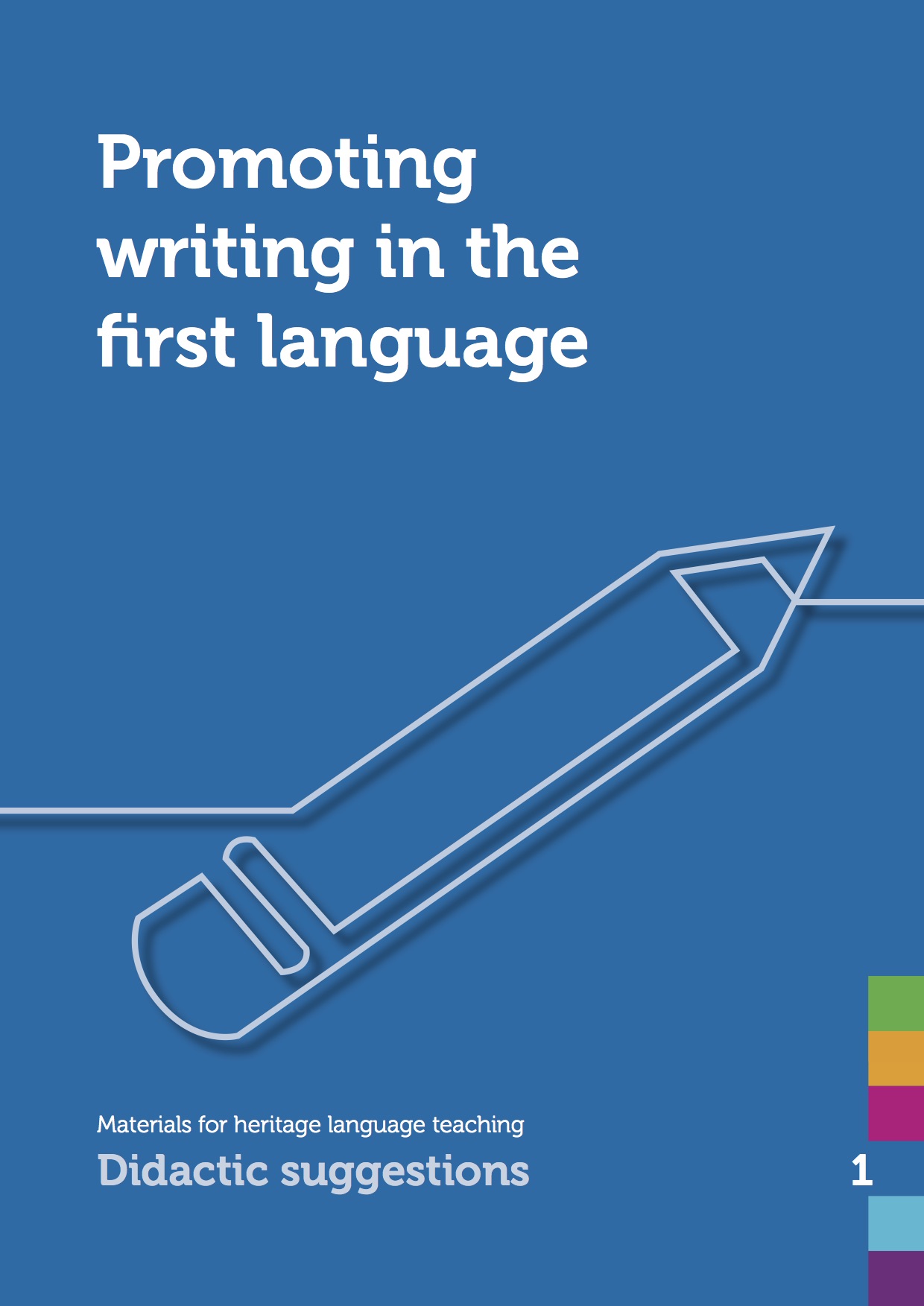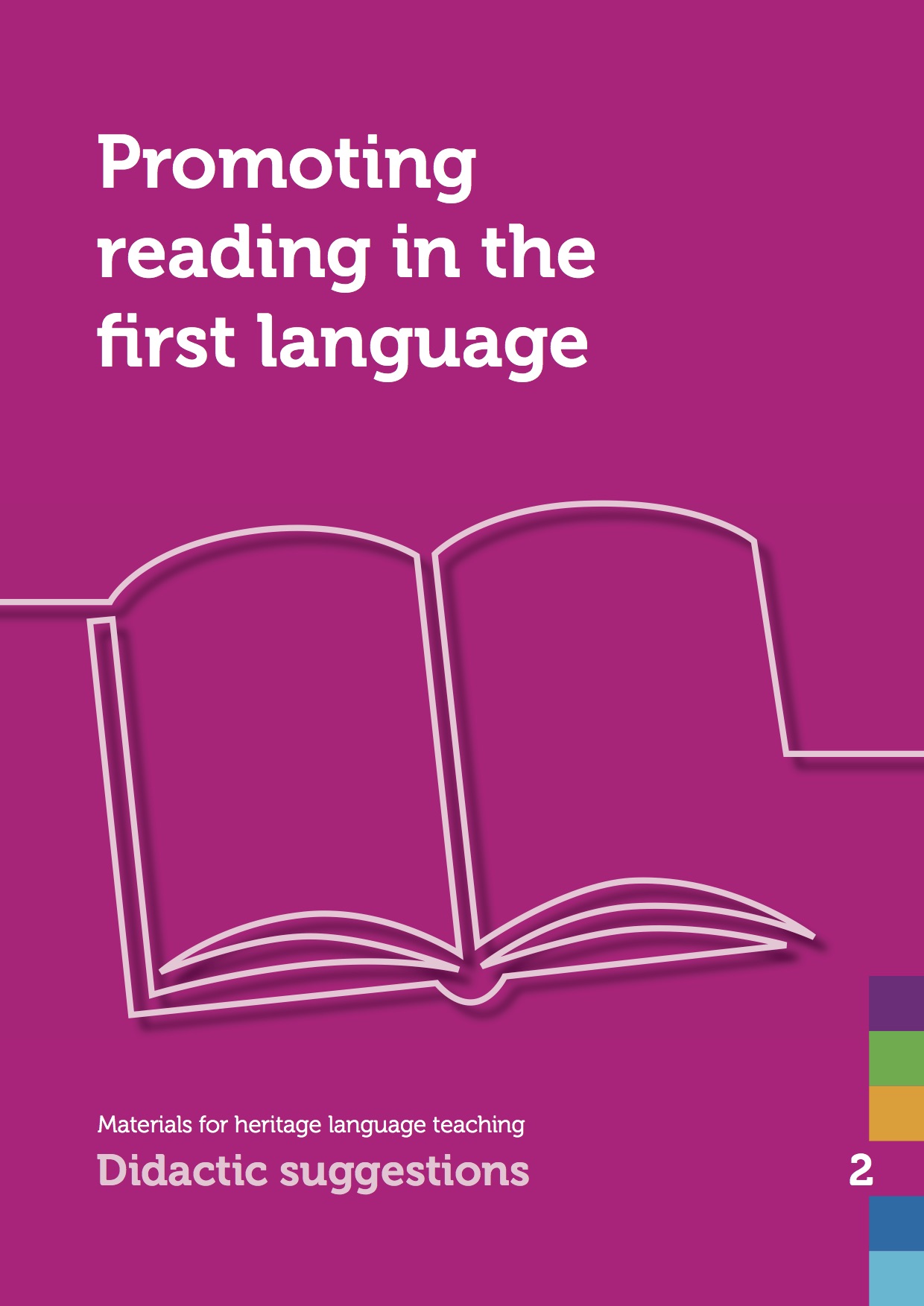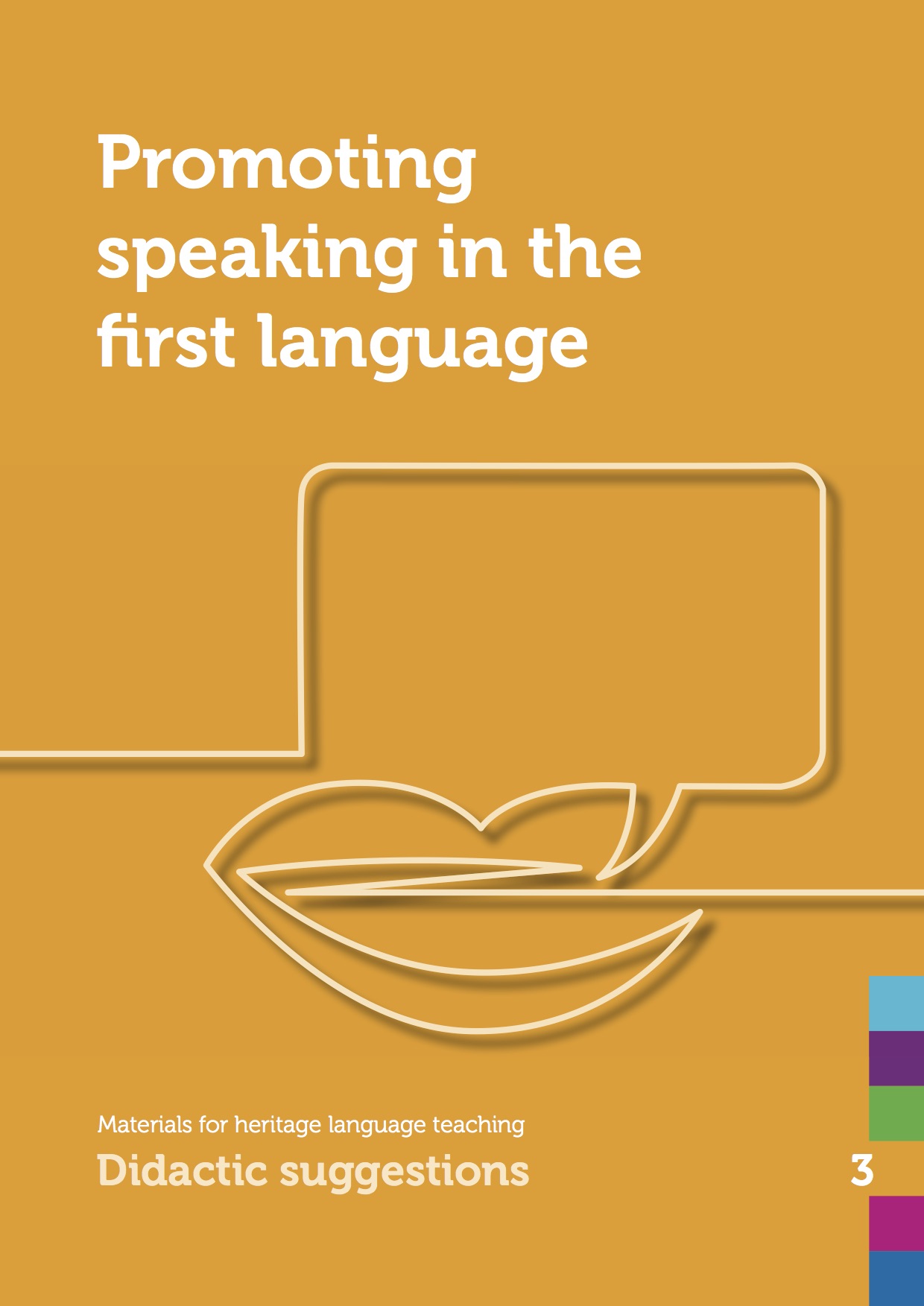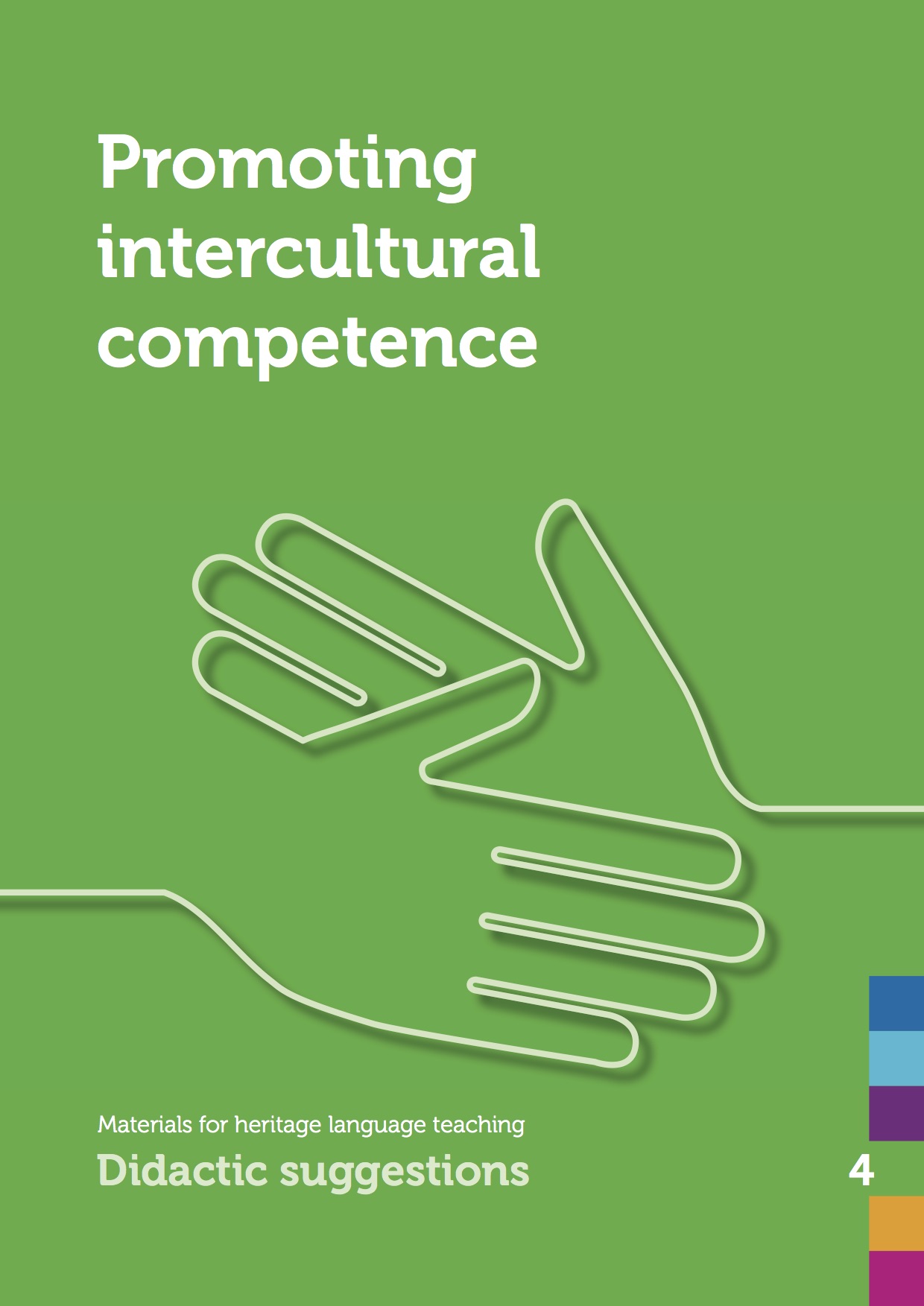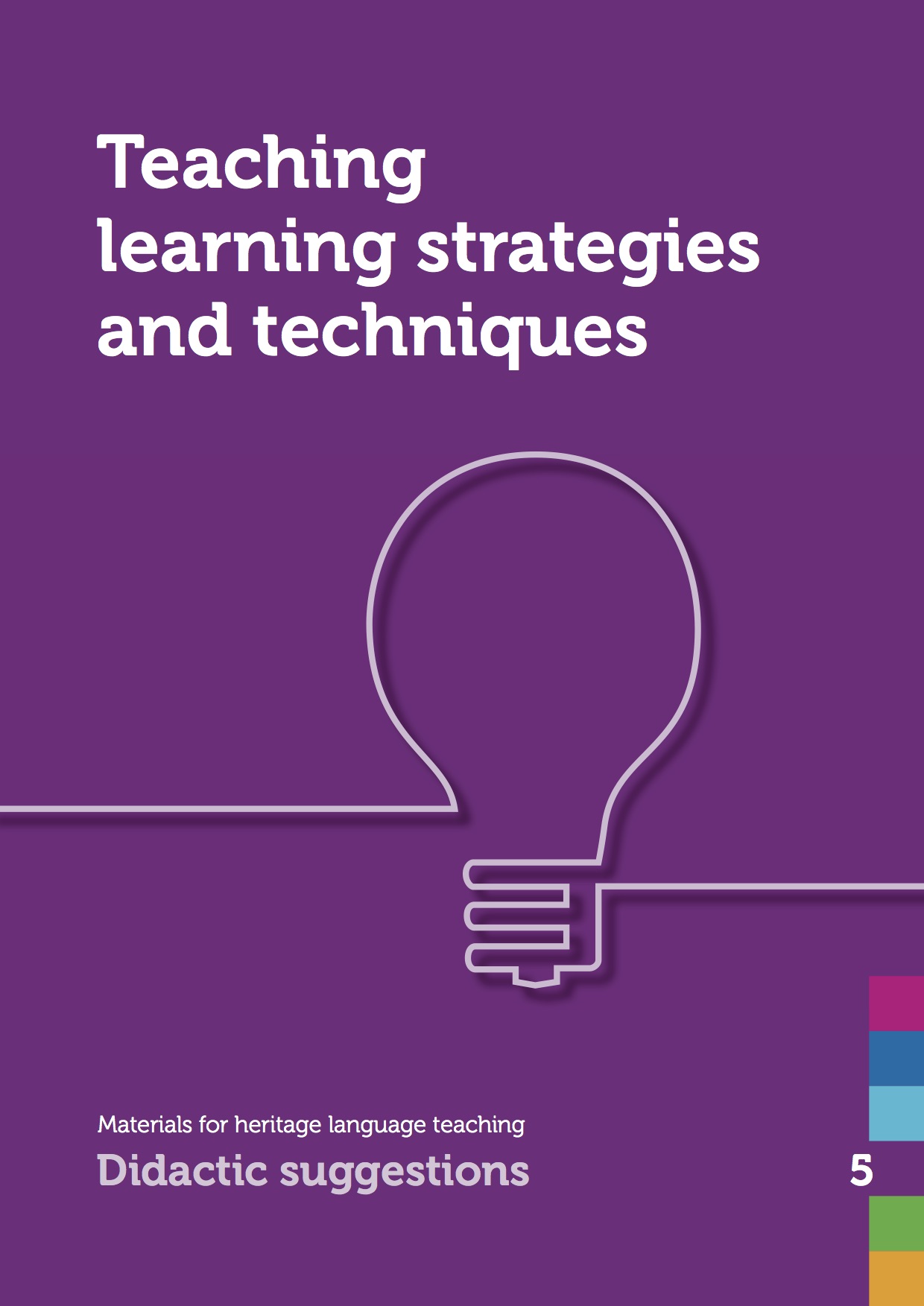Basil Schader (14 A.1 and A.3); Nuhi Gashi (A.2); Elisabeth Furch and Elfie Fleck (A.4)
1. Introduction
HLT instructors work in an environment for which they are mostly not prepared, based on their education in the country of origin. There is no question that professional development is a core concern for them; see also the relevant statements in the practice part of this chapter. The concerns vary, depending on the length of work and stay in the host country. At the beginning of the work assignment, their main concerns involve the specifics of HLT and its function within the local school system. Later concerns may involve more in-depth discussions with colleagues about subject content and methodological-didactic issues and possible cooperation with regular classroom instruction. A preliminary crowning moment for meeting faculty development needs would be achieved if additional certificates could be acquired that would place HLT instructors on an equal footing with the local teachers in terms of employment.
Continuing education and faculty development opportunities are offered from at least 2 sides (see chapter 1 and Calderon, Fibbi, Truong, 2013, p. 90):
- a) by institutions in the country of origin
(Consulates, Ministries of Education, parent and teachers‘ associations, etc.).Examples: Yearly summer seminars for Albanian HLT instructors from all over Europe, jointly offered under the auspices of the Ministries of Education of Kosova and Albania (see below); continuing education seminars for new HLT teaching materials, organized by the Albanian teachers and parents‘ associations in Switzerland. - b) by institutions in the immigration countries
(public institutions, such as Departments of Education, Teachers‘ Colleges, universities, etc.; private institutions, such as language schools, adult education centers, etc.). - Examples: the mandatory introductory courses into the cantonal school system, offered by many Swiss cantons; HLT-specific faculty development courses by various teachers‘ colleges and universities; the regular local offerings for continuing teacher training, which are open to HLT instructors; the Austrian training course “Native language education: teaching first languages in the context of migration” (see below); language and integration courses by various private providers.
In contrast to the courses offered by the country of origin, the courses offered by the host countries generally require a good command of the local language. This requirement can make access to the courses more difficult for many HLT instructors. Aside from taking stand-alone language courses to bridge the gap, a model which offers German language instruction in parallel with school -relevant contents has been proven successful in Zürich.
The extent of continuing education courses – particularly specific courses for HLT instructors – varies from country to country (from federal state to federal state and from canton to canton, respectively); see also the statements in chapter 14 B. Whereas in Hamburg there is a wide range of courses for HLT instructors and a continuing education requirement of 30 hours per year (see chapter 1 A.4), in other places (e.g. in certain Swiss cantons) there is nothing offered at all. From the wide range of courses offered, here are a couple of selections: the mandatory module “Introduction to the Zurich school system” as an example of a solid support for the career start (see chapter 14 A.3) and the Austrian training course “Native language education: teaching first languages in the context of migration” as an example of an extensive, scientifically based, certificate course. (14 A.4). To begin with an example of a continuing education course organized by the country of origin, here is the program of the 10th summer seminar of Albanian HLT instructors (14 A.2).
2. A continuing education offer from the country of origin: the program of the 10th summer seminar for Albanian HLT instructors, Berat/Albania, July 29 – August 1, 2014
Preliminary remarks:
For the last ten years, the Kosova and Albanian Ministries of Education have been organizing 3–4 day seminars for HLT instructors of Albanian from all over Europe. The seminars take place alternately in Kosova, Albania, and the Albanian-speaking parts of Macedonia and Monte Negro. They are attended by an average of 130–150 HLT instructors. Participation, lodging and board are financed. The distinctive characteristics of these seminars include presentations, workshops, etc., that are directed in an equivalent manner by scientists from the Albanian language area (e. g. by experts from the universities of Tirana or Prishtina) and by HLT practitioners who teach all over Europe. Additionally, experts in intercultural pedagogy from the immigration countries are invited as speakers and participants in the seminars.
Apart from the professional development and the valuable exchanges beyond the national borders, the seminars also fulfill important social and integrative functions.
Program of the four-day seminar in Berat (Albania):
| Day 1: July 29, 2014 (University of Berat) |
| 14–17 h |
|
Seminar opening: Performances by students from Berat Welcoming words:
|
| 17–21 h |
|
Program overview: Input: The Albanian HLT and its current development perspectives (N. Gashi, B. Arbana) Break: Followed by debate and open discussion Afterward: Dinner and cultural presentations (Book presentations, etc.) |
| Day 2: July 30, 2014 (Plenary Hall, U. of Berat) |
| 09–13 h |
Presentations and video inputs:
|
| 13–17 h – Lunch/Siesta |
| 17–22 h |
Social and cultural opportunities:
|
| Day 3: July 31, 2014 (Plenary Hall and various Rooms, University of Berat) |
| 09–11 h |
Presentations and video inputs:
|
| 11–12.30 h |
Choice of workshops:
|
| 12.30–15 h – Lunch/Siesta |
| 15–22 h |
Social and cultural opportunities:
|
| Day 4: August 1, 2014 (Plenary Hall, University of Berat) |
| 9–11 h |
Presentations:
|
| 11–12 h |
Choice of workshops:
|
| 12–15 h |
|
Formal closure of the10th seminar: Distribution of participation confirmation Followed by: Communal lunch and journey home |
3. The module “Introduction to the Zurich school system” by the Zurich University of Teacher Education
Preliminary remarks:
Attending this multi-part module with a total of 42 lessons is mandatory (in addition to evidence of certification as a trained teacher or an equivalent certification, plus adequate German language proficiency) and constitutes one of the mandatory prerequisites for teaching HLT in the Canton of Zurich. Those who have not yet acquired sufficient proficiency in German (level B1), can attend an appropriate preparatory module offered by the university.
| Monday, January 5, 2015 |
| 08.30–12 h |
Introduction:
Introduction to the school system of the Canton of Zurich:
|
| Lunch break |
| 13.30–17 h |
Introduction to the school system of the Canton of Zurich: (part II)
Task assignment 1:
|
| Tuesday, January 6, 2015 |
| 08.30–12 h |
|
Support programs for students with special pedagogical needs Institutions around the school |
| Lunch break |
| 13.30–17 h |
Introduction to the framework curriculum HSK:
First, second, and foreign language:
Task assignment 2:
|
| Wednesday, March 4, 2015 |
| 08.30–12 h |
HSK instruction in the context of migration: (HSK = HLT)
The QUIMS program:
|
| Lunch break |
| 13.30–17 h |
Lesson planning multilingual projects in the classroom
Task assignment 3:
|
| Thursday, March 5, 2015 |
| 08.30–12 h |
Exchange of experiences and evaluation of task 1:
A glimpse into everyday school life of a school principal (Idil Calis) |
| Lunch break |
| 13.30–17 h |
|
Insight into the teaching practice of an HSK instructor (Jun-Hi) Teaching materials for HSK classes
|
| Thursday, May 21, 2015 |
| 08.30–12 h |
Exchange of experiences and evaluation of task 3:
|
| Lunch break |
| 13.30–17 h |
Introduction to assessment and grading in HSK classes
|
| Friday, May 22, 2015 |
| 08.30–12 h |
Exchange of experiences and evaluation of task 2:
Insight into the teaching practices of a teacher of regular classes |
| Lunch break |
| 13.30–17 h |
|
Summary of main points and clarification of open questions Evaluation |
4. The nationwide training course “Mother tongue education: teaching first languages in the context of migration” by the University College of Teacher Education in Vienna
4.1 Mother tongue education in Austria: some basic facts
Heritage language education has been part of the Austrian formal school system since1992. Unlike many other European states – Switzerland, for example – this instructional model is not based on bilateral agreements with the countries of origin and will not be delegated to migrants‘ associations.
By assuming the responsibility for the educational promotion of first languages, Austria has made a commitment. The message is: the commitment to everyday life multilingualism is an educational policy issue. The learners‘ languages have a place in the school and should be able to develop there.
The heritage language teachers – like all other teachers – are hired and paid by the Austrian education authorities and are subject their quality controls. Text books and other teaching materials are also supplied free of charge.
-
- Target audience
All students who speak a language other than German in their family environment, including children who grow up bilingually, are considered eligible for participation in heritage language education, regardless of citizenship, country of birth, competency in German and the duration of school attendance in Austria. In the last few years, this offer has been increasingly exercised by children of bilingual families.
-
-
- Curricula for heritage language education
-
At present, there are three language-neutral curricula, i. e., curricula that can apply to all languages, with the advantage that the existing curricula can serve as a basis when a new language is introduced:
- Lower level (grades 1–4)
- Secondary level I (grades 5–8) and polytechnical schools
- Upper level of academic secondary schools (grades 9–12)
Although the introduction of heritage language education courses is possible in medium-level and upper-level vocational training schools within the framework of school autonomy, in practice, it is not implemented. However, interested students may participate in an AHS course, provided there are places available (AHS = general high schools).
-
-
-
- Legal basis for school and organizational framework
-
-
The classes are offered on the lower level as an optional exercise (voluntary participation without grading), from secondary school level I on as an optional course (voluntary participation with grading), or also as an optional exercise.
Heritage language education can be offered in an additive course form (for instance in the afternoon, after the last class hour of regular instruction) or in an integrative team- teaching form. This implies that the native language teacher who collaborates with the classroom or subject teacher, works jointly on the same prevalent theme in the language of the participating students.
Although a certain minimum number of participants is required to run a course, heterogeneous groups comprised of students of mixed-classes and levels, multiple schools and mixed types of schools could be formed, which would especially benefit the less common languages.
-
-
-
-
- Teachers
-
-
-
The majority of the heritage language education instructors have completed their initial education in the country of origin, where the acquired qualifications may differ greatly. Some have studied to teach a certain subject at the secondary level I, but teach in a primary school, others may be credentialed to teach mathematical and scientific subjects, but lack the language study component, still others may have completed professional degrees (in Austria or abroad) as interpreters, translators, linguists or social workers.
Since most of the teachers do not hold a degree from an Austrian teacher training college, they are hired by special contract, and consequently incur a lower classification in grade and remuneration.
4.2 The training course: historical development
In the course of a ‹Language Education Policy Profile› report by experts of the European Council, Austria was advised to watch out for “an adequate linguistic and subject didactic education” of heritage language educators (see bm:ukk and BM.W_F, 2008, p. 102).
Pursuant to this recommendation, the Vienna Teachers College was instructed in 2011 by the Ministry of Education to develop a continuous professional development training course for native language instructors.
In order to ensure the target group adequacy and the quality of this training course upfront, an on-line questionnaire was forwarded to all heritage language educators who were already teaching. Its purpose was to ascertain their present qualifications and possible gaps in educational preparation, as well as to collect content-related suggestions and emphases that the target group deemed necessary for the training course. Professor Dr. Brigitta Busch of the University of Vienna was charged with the creation and analysis of the questionnaire in 2011. The results of this survey, with a response rate of more than 60% of those questioned, were consulted as an orientation guide for the final draft of the curriculum.
The Ministry of Education engaged simultaneously in negotiations with the Federal Chancellery (BKA) and the Ministry of Finance (BMF) with the goal of improving the situation of special contract teachers. The result of these negotiations was a new special contract directive, proclaimed in October 2012, which for many affected teachers – including future participants in this training course – resulted in a more favorable classification.
4.3 About the training course
Based on the created curriculum, the nationwide training course “Mother tongue education: teaching first languages in the context of migration” was established at the University of Teacher Education Vienna in the academic year 2012/13. The course was awarded 30 EC (= European Credits according to the European Credit Transfer System / ECTS). As the training course was conceived for part-time study, its six modules were divided into weekly blocks, and allocated as 50% onsite and 50% self-study. The entire training course can be completed in four semesters.
The following text is an excerpt of the application paper, submitted to the study commission of the University of Teacher Education Vienna in 2012 (see Furch/Fleck 2012):
-
- Educational goal
This training course aims to enhance the qualifications of the instructors who serve as teachers of heritage languages throughout Austria. What appears to be essential here is most of all the participants‘ specialization in the areas of linguistics, methodology and didactics for teaching first languages in the context of the current educational situation and in consideration of a multitude of scientific theories, methods and doctrines.
Similarly, a significant aspect of the training course will focus on developments in society and our responsibility; the consideration of ongoing changes in life together in Austria as diverse human beings will lead to a contemporary professionalization of the graduates of this course.
This training course is primarily targeting those teachers of heritage languages who are already working in the profession throughout Austria. Subsequent participants may include multilingual instructors who, after acquiring a teaching degree (from a college of education or a university), wish to be considered as heritage language instructors for a certain language (or certain languages).
-
- Contribution to school development
The contributions of the continuously educated teachers and graduates of this training course will play an important role in the future development at various school locations with predominantly multilingual students and parents, which is ensured through continuous self-evaluation as well as scientific –based vocationally-oriented research.
Upon completion of this training course, the participants will have significant input in addressing social equity and equal opportunity issues in that they have acquired the ability to better counteract patent inequities with professionalism and a scientific foundation.
-
- Overview of the contents of the training course
The training course enables the participants
- to reflect on the general situation of multilingual students with first languages other than German;
- to serve as heritage language teacher in one (or two) selected language(s) for students who speak (one of) the language(s) in the family and in everyday life;
- to mentor and advise students with first languages other than German in matters of the school and beyond;
- to advise teachers in dealing with multilingual students whose first languages are not German;
- to self-reflection as a practitioner of heritage language education;
- to promote a realistic self-assessment of mentored students in interacting with their specific linguistic and cultural environment;
- to engage in a dialog with parents, teachers, and affected students, as well as pertinent outside agencies concerning specific language and learning difficulties.
- Module overview
M1:
Introduction to the topic
M2:
Basic knowledge from research in language acquisition, sociolinguistics and migration studies
M3:
Language didactics – pathways to competent first language education
M4:
Communication in multilingual and multicultural settings
M5:
Innovative pedagogical concepts with particular consideration of multilingualism
M6:
Discussion of school reality
Further details and information about the overall concept of the training course can be found on the website of the Pädagogische Hochschule Wien:
http://www.phwien.ac.at/index.php/hochschullehrgaenge-fortbildungsangebot/lehrgaenge
4.4 Results and outlook
The first round of this training course was successfully completed by 22 instructors from several Austrian federal states who teach predominantly Bosnian/Croatian/Serbian and Turkish, but also Albanian and Persian languages.
An accompanying scientific survey conducted on the basis of standardized individual interviews with the participants and those responsible for the training course evidenced a high degree of satisfaction with the content, the delivery and the goals of the course:
“The training course strengthened the participants‘ development in terms of their ability to discuss issues in a scientifically based professional language, their professional self-image and awareness of the profession, awareness of collegiality and the institutionalization of collegial consultation, ability to appreciate differences, dealing with heterogeneity and self-awareness as active partners in the design of the educational enterprise. These examples are considered in the scientific literature as a vital dimension of professionalism, something the successful achievement of the stated goals in this training course has evidenced. The common institutionalized learning, relevance of the chosen contents, work climate, the lecturers, technical personnel, and directors of the training course were deemed as vital and especially conducive to learning.” (Moser 2013).
Based on the great demand for the training course since August 2014, it will be offered for the second time in August 2016. Since only 26 out of 70 interested parties could be accepted, further runs of the course will be anticipated, financial and human resources permitting.
Bibliography
bm:ukk und BM.W_F (eds.) (2008): Language Education Policy Profile: Länderbericht. Sprach- und Sprachunterrichtspolitik in Österreich: Ist-Stand und Schwerpunkte. Wien.
Calderon, Ruth; Rosita Fibbi; Jasmine Truong (2013): Arbeitssituation und Weiterbildungsbedürfnisse von Lehrpersonen für den Unterricht in heimat- licher Sprache und Kultur. Neuchâtel: rc consulta. Link: http://www.rc-consulta.ch/pdf/HSK-
Erhebung_d_def.pdf
Fortbildungsangebote des National Resource Centre for Supplementary Education (NRCSE) in London. Link: http://www.supplementaryeducation.org.uk
Furch, Elisabeth; Elfie Fleck (2012): Curriculum Lehr- gang “Muttersprachlicher Unterricht: Erstsprachen unterrichten im Kontext von Migration”. Link: http://www.phwien.ac.at/files/Mitteilungsblatt_VR/Punkt%204/PH_Wien_LG_Muttersprachlicher_
Unterricht_genehmigt.pdf
Moser, Maria (2013): Endbericht der Begleitforschung zum Lehrgang: “Muttersprachlicher Unterricht: Erstsprachen unterrichten im Kontext von Migration”.
vpod Bildungspolitik (2014): Sonderheft Nr. 188/189 “Die Zukunft des Erstsprachunterrichts”, Beiträge p. 58 und 61 f.

